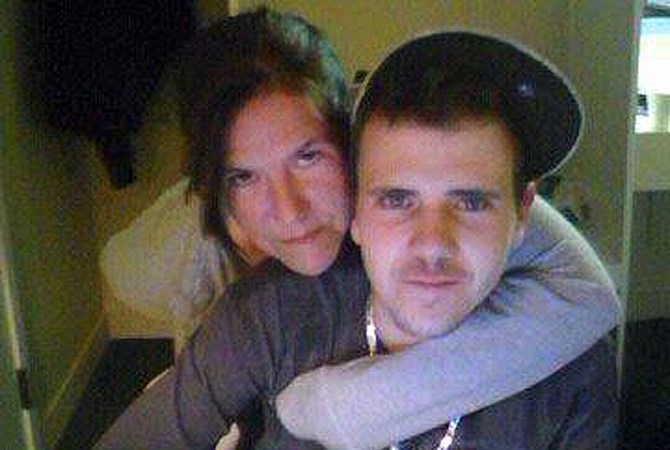
Image Credit: Shutterstock
April 16, 2016 - 9:00 PM
"IT'S LIKE PUTTING TWO UNTRAINED DRIVERS INTO RACE CARS AND EXPECTING THEM NOT TO CRASH."
KELOWNA – If the two men involved in a fight outside Cactus Club two months ago had used Kelowna MMA coach David Lea’s system, one of them would not be facing potential homicide charges and the other would still be alive.
Zachary Gaudette, a 30-year-old Ontario man who had only been in Kelowna four days, got into what police describe as an “altercation” outside the popular restaurant on Banks Road at around 9 p.m. Feb. 17.
His sister says one punch killed her brother.
“The police told us the video shows it was one punch and my brother went down,” she says. “The guy didn’t call 9-1-1 or anything. He had a cigarette while my brother was lying there then went inside. He left him like an animal.”
Paramedics were unable to revive Gaudette and an official cause of death has not been released, but a local mixed martial arts coach with decades of experience in the sport says a punch can definitely be lethal. And he would know. Four of David Lea's fighters from Toshido MMA have made it to the UFC.
“You can definitely die from a single strike,” he says. “The brain ends up bruising, you get a bleed and that’s it. The right shot at the right time can have a huge impact.”
What happened right before the fight outside the Cactus Club is still being investigated, but RCMP Const. Jesse O’Donaghey says a 25-year-old man has come forward and confessed. Charges have not yet been laid yet but they are expected once all the evidence is presented to Crown, he says. The suspect could potentially be charged with manslaughter, second degree murder or criminal negligence causing death.

Zachary Gaudette was a 30-year-old Ontario man who had only been in Kelowna four days when he died after a fight outside Cactus Club Feb. 17. His sister Kimberly Gaudette is still waiting for answers what happened.
Image Credit: Contributed
Lea says it’s not uncommon for street fights to turn deadly, especially when drugs or alcohol are involved.
“It’s a recipe for disaster,” he says. “Their natural ability to fall or move out of the way is compromised even if you’re properly trained but if they don’t know what they’re doing it’s like putting two untrained drivers into race cars and expecting them not to crash.”
Lea says people, especially young men, need to understand the dangers that come with a physical confrontation.
“The brain is a very delicate thing. If it takes a shot in the wrong spot that can be it,” he says. “If the punch doesn’t kill you or give you brain damage you may get knocked out and hit your head on the concrete.”
He says the difference between amateurs and the professional fighters on TV is training.
“For martial arts or MMA their bodies have been conditioned for combat. They’re taking shots that would hurt an average person,” he says. “It’s like me running a marathon. I would die. My body isn’t used to that.”
Before Lea and his assistant coaches teach students how to win fights, they first teach how to avoid them.
“I’m known for training professional clients but 90 per cent of my clients are there for self defence,” he says. “We have a system where we teach first to say leave me alone. If it continues, you should just walk away. Just leave. It’s not about saving face it’s about being smarter than the other person."
If someone physically puts their hands on you or stops you from leaving — then you defend yourself, he says.
"That’s the best way to protect yourself physically and legally.”
Lea says even as a trained martial artist and coach of several UFC fighters, he still prefers to walk away from fights.
“You can lose your life,” he says. “And even if I win I don’t want to hurt someone. One guy loses his life or has head trauma that affects him his whole life and the other guy is now dealing with legal ramifications, jail time and the stress of knowing you hurt or killed someone.
"In most cases neither one is truly a victim because there is mutual participation but you never know. You’ve got to think through what can happen.”
To contact a reporter for this story, email Adam Proskiw or call 250-718-0428 or email the editor. You can also submit photos, videos or news tips to the newsroom and be entered to win a monthly prize draw.
We welcome your comments and opinions on our stories but play nice. We won't censor or delete comments unless they contain off-topic statements or links, unnecessary vulgarity, false facts, spam or obviously fake profiles. If you have any concerns about what you see in comments, email the editor in the link above.
News from © iNFOnews, 2016